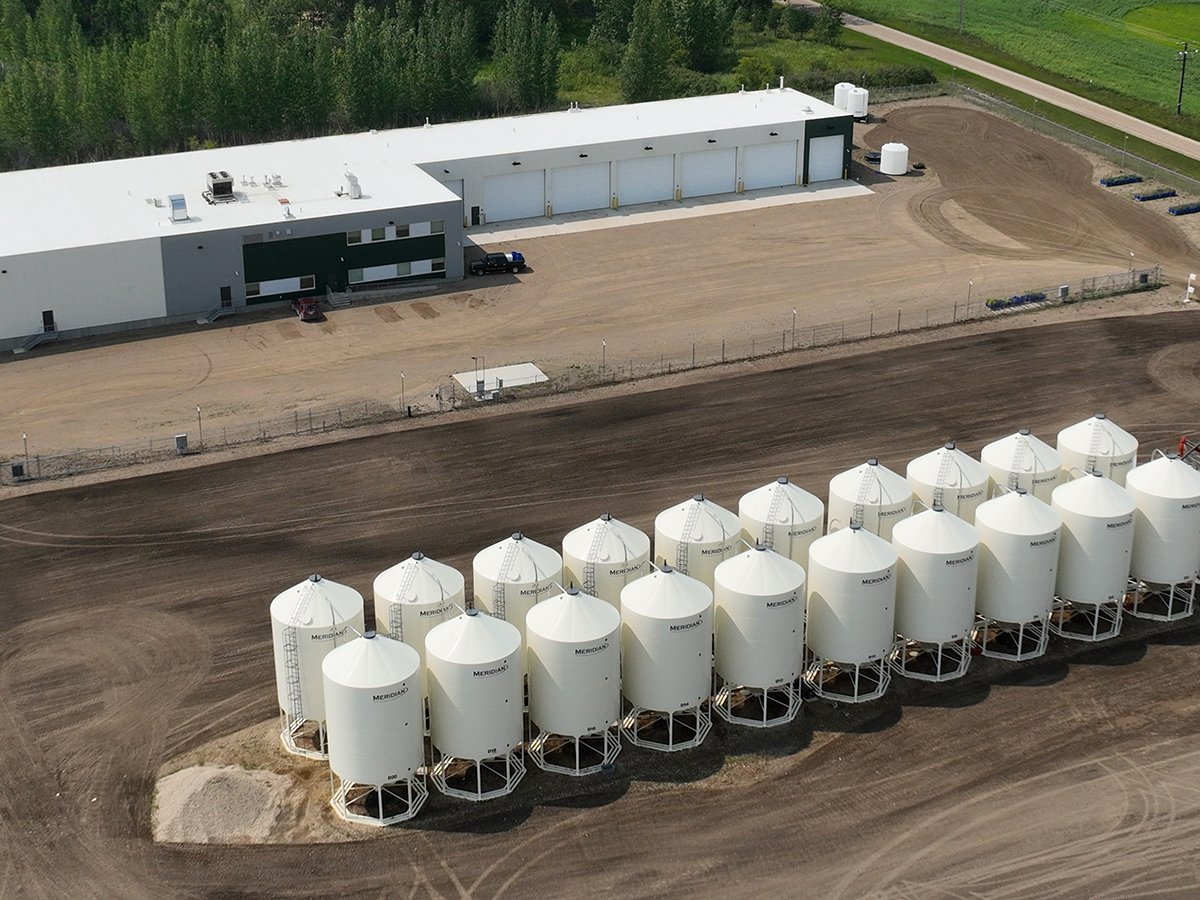QUEBEC CITY – As the worst winter storm of the year swirled outside, delegates attending the Canadian Renewable Fuels Association convention were told they are doing a lousy job of communicating their solution to global warming.
“You have a huge credibility problem. You have a huge communication problem and you need to get started now,” said Karen Coshof, producer of a documentary on climate change called The Great Warming.
She said the ethanol industry is getting trashed on a daily basis in the news media. People are accusing it of everything from the demise of the livestock sector to crimes against humanity for taking food out of the mouths of starving people.
Read Also

Saskatchewan firm aims to fix soil with compost pellets
In his business, Humaterra, Leon Pratchler is helping farmers maximize yields in the weakest areas of their fields through the use of a compost pellet.
Coshof said the biofuel sector has been far too passive in getting its voice heard in the press.
“If I were you, I’d go on the attack,” she told delegates.
Coshof said she would capitalize on what she said is the undeniable contribution biofuel offers to mitigate the effects of climate change.
“To me this is an absolutely incredible opportunity that is being ignored.”
Gordon Quaiattini, president of the Canadian Renewable Fuels Association, said the industry has not been resting on its laurels. It delivers that message every opportunity it gets and it seems to be resonating with the public.
“Canadians have told us overwhelmingly that they support (biofuel),” he said.
But he acknowledged the industry appears to be under attack of late.
In Canada, the barrage coincided with the announcement of a $2 billion support package for the industry in the March federal budget.
Before that, the prevailing sentiment in news stories was, “why hasn’t Canada developed a biofuel industry?” After the budget announcement the theme of the articles shifted to, “why are we supporting this industry?” said Quaiattini.
The industry fully expected heightened skepticism. But according to polls and focus groups conducted by the association this summer and fall, the attacks do not appear to be turning public opinion against ethanol and biodiesel.
“Is there a lot of negative coming? Sure. Is it resonating with the public? No,” said Quaiattini.
“Our support couldn’t be stronger.”
Coshof sees a different picture, especially in the United States, where the ethanol industry is constantly under siege, struggling to get its voice heard over the din stemming from powerful foes in the livestock and petroleum industries.
“Every time you look at a paper they’re bashing ethanol,” she said.
Coshof acknowledged that the relatively small biofuel industry is in a tough situation because there is big money behind those spreading the evils-of-ethanol gospel. But that’s no excuse to continue taking it.
“I don’t see any take-it-to-them attitude about getting a positive message out,” she said.
The biofuel sector could easily win the public relations war if it can convince consumers that supporting this industry with public dollars is an easy way to make a valuable contribution to combat climate change.
“You have a good story. Why the hell isn’t it out there?” said Coshof.
Federal agriculture minister Gerry Ritz tolddelegates attending the conference Dec. 3 that the federal government would be introducing the Renewable Fuels Bill in parliament later that afternoon. If passed, the bill would give the government the authority to establish previously announced national biofuel mandates.















